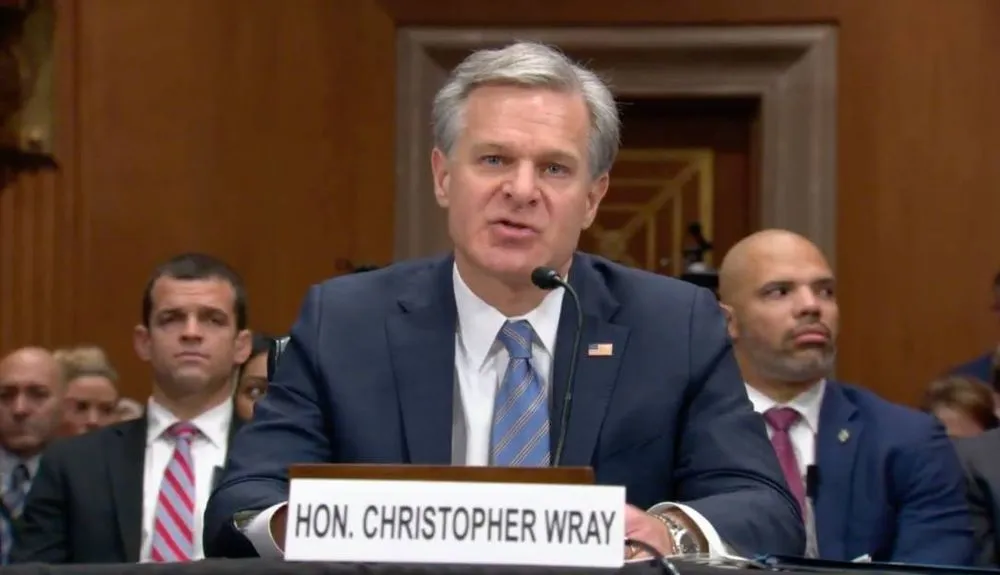FBI ‘keeping a close eye’ on Iranian hackers as Israel-Hamas war intensifies
Digital attacks against the U.S. by Iran and non-state actors could worsen if the conflict between Israel and Hamas grows, FBI Director Christopher Wray warned on Tuesday.
The “cyber targeting of American interests and critical infrastructure that we already see conducted by Iran and non-state actors alike, we can expect to get worse if the conflict expands, as will the threat of kinetic attacks,” Wray testified before the Senate Homeland Security Committee.
He called Iran “the world’s largest sponsor of terrorism” and noted that Hezbollah, which he described as Terhan’s “primary strategic partner,” has a “history of ceding operatives and infrastructure, obtaining money and weapons and spying in this country, going back years.”
“Given that disturbing history, we are keeping a close eye on what impact recent events may have on those groups and tensions here in the United States and how those intentions might evolve,” Wray told lawmakers.
There were concerns that the conflict would become a new front in cyberwarfare, as hacktivist groups rushed to enter the fray. Those worries remain as Israel continues its military ground offensive into Gaza, with many wondering if Iran might eventually unleash its hacking forces on Israel, which has its own formidable cyber defenses.
The two longtime adversaries have launched digital strikes on each other before.
Iranian hackers were blamed for an unsuccessful attempt to boost chlorine levels in Israel’s water system in 2020, as well as a ransomware attack on the country’s leading technology university in March. Israel is believed to be responsible for a past cyberattack on a major Iranian port.
Martin Matishak
is the senior cybersecurity reporter for The Record. Prior to joining Recorded Future News in 2021, he spent more than five years at Politico, where he covered digital and national security developments across Capitol Hill, the Pentagon and the U.S. intelligence community. He previously was a reporter at The Hill, National Journal Group and Inside Washington Publishers.



